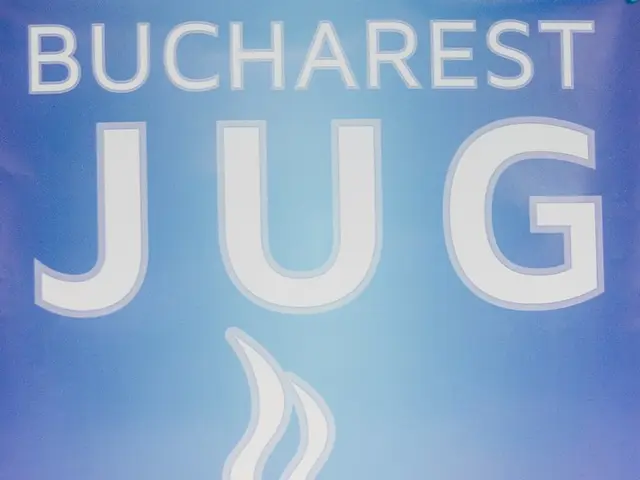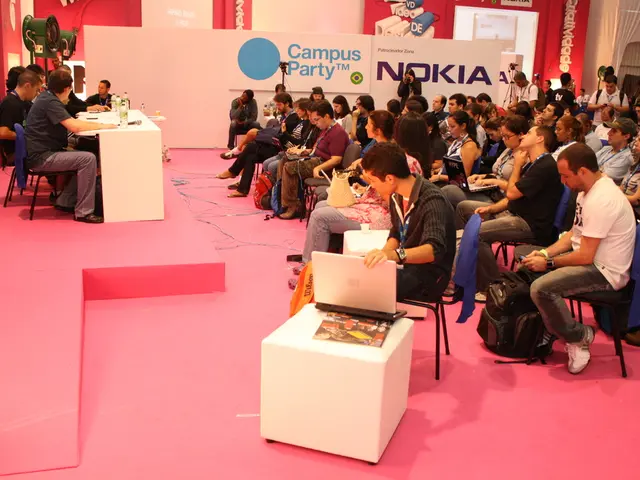How do alterations to iGaming regulations in Brazil impact gambling platforms?
In the ever-evolving world of online gaming, Sumsub is stepping up to provide clarity and guidance. The company has launched a bi-weekly Q&A series aimed at addressing frequently asked questions about regulatory compliance, verification, and automated solutions. This week's edition will delve into the changes to Brazil's iGaming regulations.
The Q&A series, published every other Thursday, will be hosted by Ricardo Mendivelso, Sumsub's Business Development Manager. Questions can be submitted to Sumsub's Instagram and LinkedIn accounts, and the series will be published on The Sumsuber and Sumsub's social media platforms.
The new regulations, outlined in Law No. 14,790 passed on December 30, 2023, have significant implications for the iGaming industry in Brazil. From January 1, 2025, only licensed operators will be legally allowed to provide online gaming and betting services in the country.
To obtain a license, operators must adhere to a series of strict requirements. These include navigating complex taxation structures, implementing anti-money laundering measures, and meeting operational standards set by the regulatory framework. Companies seeking a license must also have their headquarters in Brazil, prohibiting foreign operators from offering regulated gambling.
One of the key aspects of the new regulations is the emphasis on responsible gambling. Operators are required to implement stringent deposit limits and self-exclusion mechanisms to promote safe and sustainable gaming practices.
In addition, platforms must support prevalent Brazilian payment methods, with PIX, an instant payment system widely used in Brazil, being a preferred option for facilitating secure and fast transactions. Operators also need to design player acquisition and retention strategies that comply with Brazil’s advertising laws, ensuring marketing efforts are legal and culturally adapted.
Successful operators in the Brazilian market will leverage insights into local consumer behavior and localization strategies to engage players effectively. The regulations emphasize a highly regulated environment where rigorous legal compliance, taxation, local payment integration, and culturally aware market strategies are essential for licensing and operating legally in Brazil’s expanding iGaming sector.
To learn more about Brazil's new regulatory framework for the iGaming industry, a complete guide is available through this link. Tune in to this week's Q&A series to hear Ricardo Mendivelso discuss these changes in detail and address your questions about the new regulations.
- The Q&A series, hosted by Ricardo Mendivelso, will explore the latest changes to Brazil's iGaming regulations, which will have a significant impact on the online gaming industry as it moves towards a highly regulated environment that emphasizes strict compliance with laws, taxation, local payment integration, and culturally aware marketing strategies.
- Operators looking to comply with Brazil's new iGaming regulations must not only navigate complex tax structures and implement anti-money laundering measures, but also adhere to stringent responsible gambling practices by setting deposit limits, integrating self-exclusion mechanisms, and supporting prevalent Brazilian payment methods such as PIX for secure and fast transactions, all while ensuring their marketing efforts are legal and culturally adapted in accordance with the regulations.




